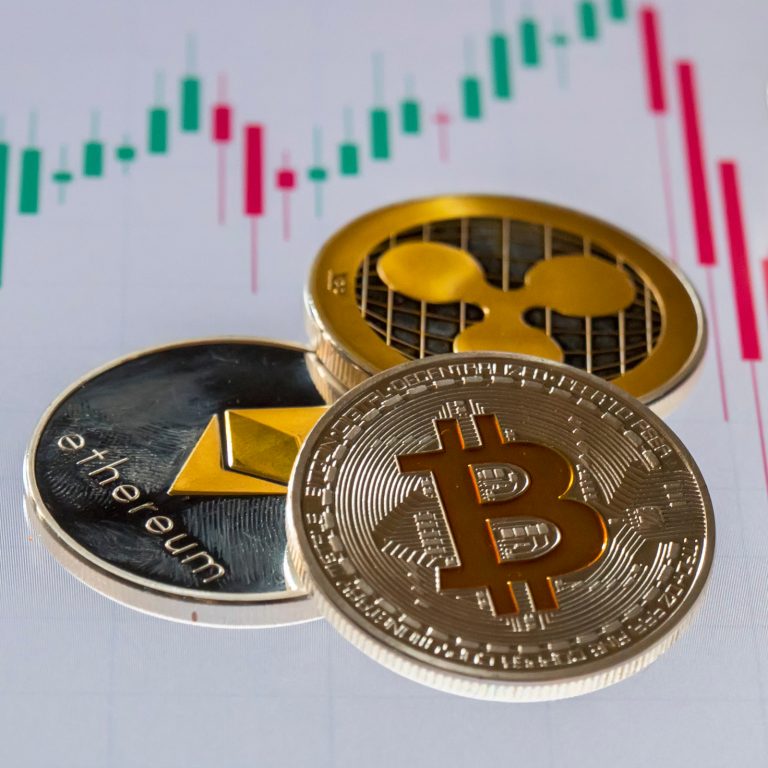
2018-10-25 20:29 |
Bitcoin’s over-the-counter (OTC) market, is growing in popularity with institutional investors as they look for ways to trade large amounts of Bitcoin. According to a Forbes article published on October 23, 2018, institutional investors can only undergo OTC trades since standard cryptocurrency exchanges lack the required infrastructure and liquidity necessary to execute their large orders.
Bitcoin OTC: The Only Option for Institutional InvestorsUnlike standard cryptocurrency exchanges, a Bitcoin OTC market executes trades through a private dealer network. Here, investors looking to purchase or sell Bitcoin, meet up and exchange assets without the need to inform the market. The Bitcoin OTC market is popular with institutional investors because cryptocurrency exchanges currently lack the technical infrastructure and liquidity for large orders. Furthermore, many exchanges also have a daily cap or trading limit.
“The big deals have to go OTC,” said Monica Summerville, the director of fintech research at Tabb Group.
“A lot of the exchanges limit the order size, so you have to break up your orders, and that’s just fatal.”
Breaking up a huge order into small Bitcoin batches could send a negative response to the market and cause slippage, a situation where the price of a trade when it’s being executed is different to its expected price. Lucas Nuzzi, the director of technology at Digital Asset Research also agreed. He believes that structurally, for many institutional investors, Bitcoin OTC is the only approach they can use to trade the most liquid assets.
OTC Markets Come With a Degree of RiskForbes noted that there is, however, a level of murkiness and lack of sophistication in Bitcoin OTC markets. It’s an approach that many institutional investors will not be so comfortable with. Frank Wagner, the founding partner of INVAO, revealed that many institutional investors in the cryptocurrency industry are conducting six-figure trades over Skype chatrooms, Telegram, and even connecting on public forums like LinkedIn to find each other and undergo these trades. Wagner believes that, while OTC trading currently works for some institutional investors, the unsafe and murky environment is a significant deterrent for large players who are keen to enter the industry.
OTC trading is, in general, a risky way to exchange assets. Gene Grant, the CEO of VRBEX, a cryptocurrency exchange mentioned that the larger the transaction, the more complex the process becomes. Additional counterparty risk measures become necessary due to the extreme levels of risk. Grant added that, although the large Bitcoin transaction market is small, the parties involved can be very distrustful.
Wagner emphasized that OTC trades are dependent on many different layers of trust. There is a risk that the other party may default before they deliver the tokens of funds, especially since things don’t always happen in real time. Even if both parties agree on the trade, there is, also, no guarantee that the fiat transfer will execute since many financial institutions are against the idea of transferring large amounts of money when it is related to cryptocurrency transactions.
While there isn’t a clear solution, many believe that regulations, surveillance tools, and further solutions are required to enter OTC. Daniel Peled, the co-founder of Orbs, a hybrid blockchain project, and experienced OTC trader stated that OTC is regulated similarly to traditional trading ecosystems. He, however, believes that the industry needs further tools to enforce these regulations.
Companies Prepare for Institutional MoneyWhile the lack of robust technical infrastructure and liquidity is a big problem for institutional investors, many startups see this as an excellent opportunity to bring more sophisticated infrastructure to the OTC market.
A great example is Fidelity, a multinational financial services corporation with over $7.2 trillion in client assets. Fidelity recently launched Fidelity Digital Asset Services, a company that will provide enterprise-quality custody and trade execution for institutional investors. It’s however, not only financial corporations that are keen to offer services to institutional investors. Caspian, a startup which recently raised $20 million via an initial coin offering, is looking to provide sophisticated traders with better tools. They also partnered with B2C2 in early October 2018, to serve the liquidity requirements and needs for large OTC traders.
Although there are many startups and companies offering solutions like new platforms and tools for institutional traders, Nuzzi believes that the market will end up becoming a small niche. He noted that many would fail because they are merely duplicating legacy trading tools, tools that are already developed and exist in traditional finance markets.
Institutional Investors Opt for Bitcoin’s OTC Market Instead of Standard Exchanges was originally found on [blokt] - Blockchain, Bitcoin & Cryptocurrency News.
Similar to Notcoin - Blum - Airdrops In 2024
Bitcoin (BTC) на Currencies.ru
|
|






















